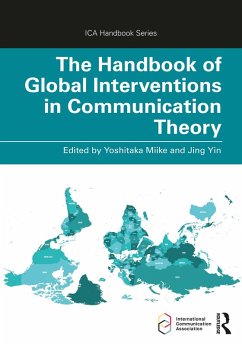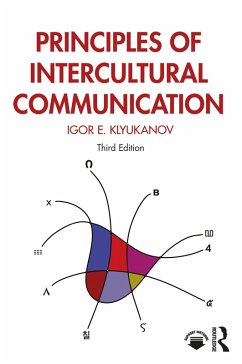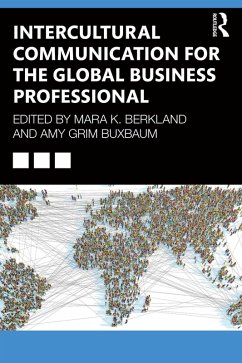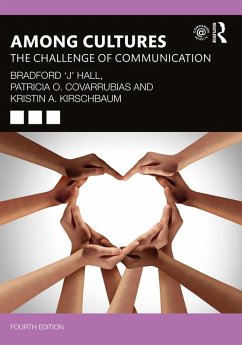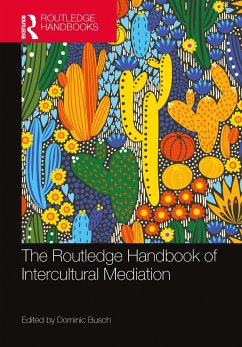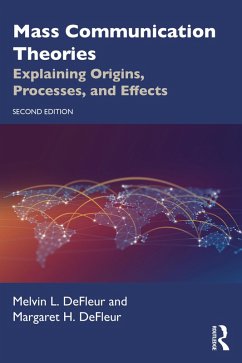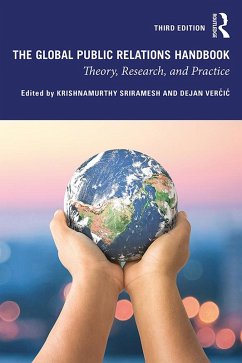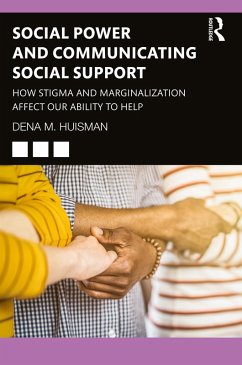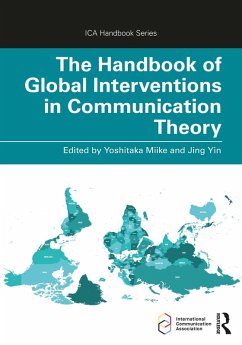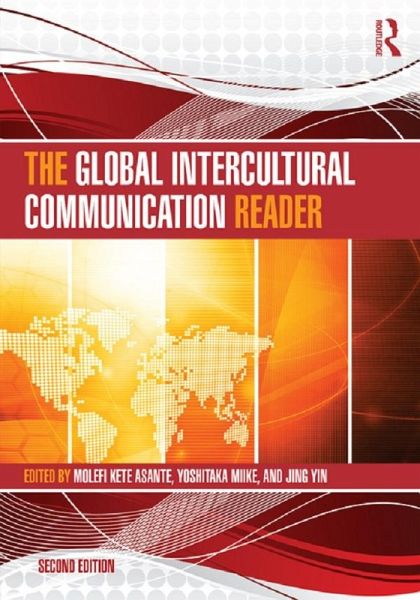
The Global Intercultural Communication Reader (eBook, PDF)
Versandkostenfrei!
Sofort per Download lieferbar
87,95 €
inkl. MwSt.
Weitere Ausgaben:

PAYBACK Punkte
44 °P sammeln!
The Global Intercultural Communication Reader is the first anthology to take a distinctly non-Eurocentric approach to the study of culture and communication. In this expanded second edition, editors Molefi Kete Asante, Yoshitaka Miike, and Jing Yin bring together thirty-two essential readings for students of cross-cultural, intercultural, and international communication. This stand-out collection aims to broaden and deepen the scope of the field by placing an emphasis on diversity, including work from authors across the globe examining the processes and politics of intercultural communication ...
The Global Intercultural Communication Reader is the first anthology to take a distinctly non-Eurocentric approach to the study of culture and communication. In this expanded second edition, editors Molefi Kete Asante, Yoshitaka Miike, and Jing Yin bring together thirty-two essential readings for students of cross-cultural, intercultural, and international communication. This stand-out collection aims to broaden and deepen the scope of the field by placing an emphasis on diversity, including work from authors across the globe examining the processes and politics of intercultural communication from critical, historical, and indigenous perspectives.
The collection covers a wide range of topics: the emergence and evolution of the field; issues and challenges in cross-cultural and intercultural inquiry; cultural wisdom and communication practices in context; identity and intercultural competence in a multicultural society; the effects of globalization; and ethical considerations. Many readings first appeared outside the mainstream Western academy and offer diverse theoretical lenses on culture and communication practices in the world community. Organized into five themed sections for easy classroom use, The Global Intercultural Communication Reader includes a detailed bibliography that will be a crucial resource for today's students of intercultural communication.
The collection covers a wide range of topics: the emergence and evolution of the field; issues and challenges in cross-cultural and intercultural inquiry; cultural wisdom and communication practices in context; identity and intercultural competence in a multicultural society; the effects of globalization; and ethical considerations. Many readings first appeared outside the mainstream Western academy and offer diverse theoretical lenses on culture and communication practices in the world community. Organized into five themed sections for easy classroom use, The Global Intercultural Communication Reader includes a detailed bibliography that will be a crucial resource for today's students of intercultural communication.
Dieser Download kann aus rechtlichen Gründen nur mit Rechnungsadresse in A, B, BG, CY, CZ, D, DK, EW, E, FIN, F, GR, HR, H, IRL, I, LT, L, LR, M, NL, PL, P, R, S, SLO, SK ausgeliefert werden.




